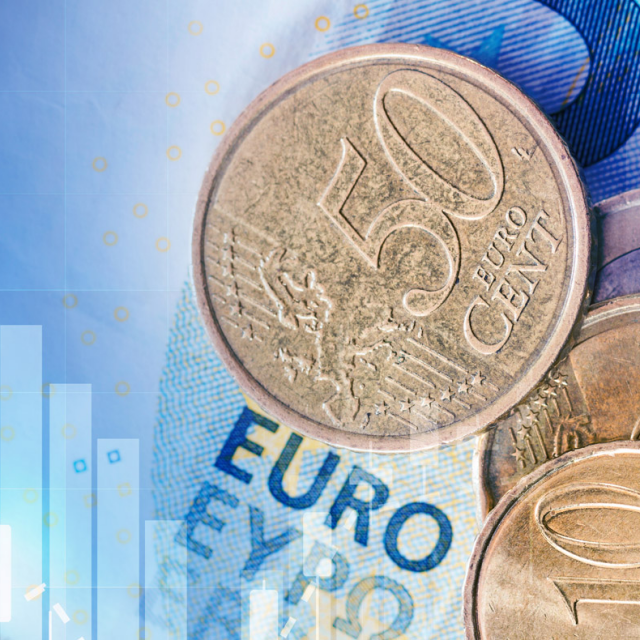Today the European Commission announced that the European Small Business Alliance (ESBA) won the contract to reinvigorate WEgate, the EC women entrepreneurship platform.
Renamed WEgate 2020 – We open doors for women entrepreneurs, the portal provides women entrepreneurs with support, training and encouragement to succeed.
The WEgate announcement was made during the “Women, Investment, and Access to Finance” panel session at the 2019 SME Assembly, in Helsinki, Finland.

Kristin Schreiber, Director of SME Policy and the COSME Programme, DG GROW, European Commission, said: “I am delighted to announce that the European Commission has appointed a consortium led by the European Small Business Alliance to reinvigorate the WEgate portal e-platform for women entrepreneurs. This is a sign of the European Commission’s commitment to make sure that women have every support tool at their disposal. Women entrepreneurs face issues that all entrepreneurs are facing, but also issues which are specific to women, so it is important to have a continuity and keep the WEgate portal going.”
ESBA President, David Caro, said: “We are very excited by this wonderful opportunity to reinvigorate the WEgate programme for the European Commission, and we are grateful for the confidence and trust the Commission has placed in ESBA to carry out this very important task. We can’t wait to put all our new ideas for helping women entrepreneurs into practice. This win comes at a time of exciting change for ESBA, and I look forward to making important announcements about ESBA’s bright new future in the New Year.”
Led by ESBA (and advised by their secretariat managers, LOW), the WEgate 2020 consortium also includes Business Angels Europe (BAE), MIR Foundation (Foundation for Management and Industrial Research) and GYB International.
This is the latest ESBA appointment to an entrepreneurship-focused contract, after ESBA’s participation as key consortium member on the ongoing Early Warning Europe (COSME) and SMOOTH (Horizon2020) projects.
Women make up 52% of the total European population but only 34.4% of the European Union (EU) self-employed and 30% of start-up entrepreneurs.




